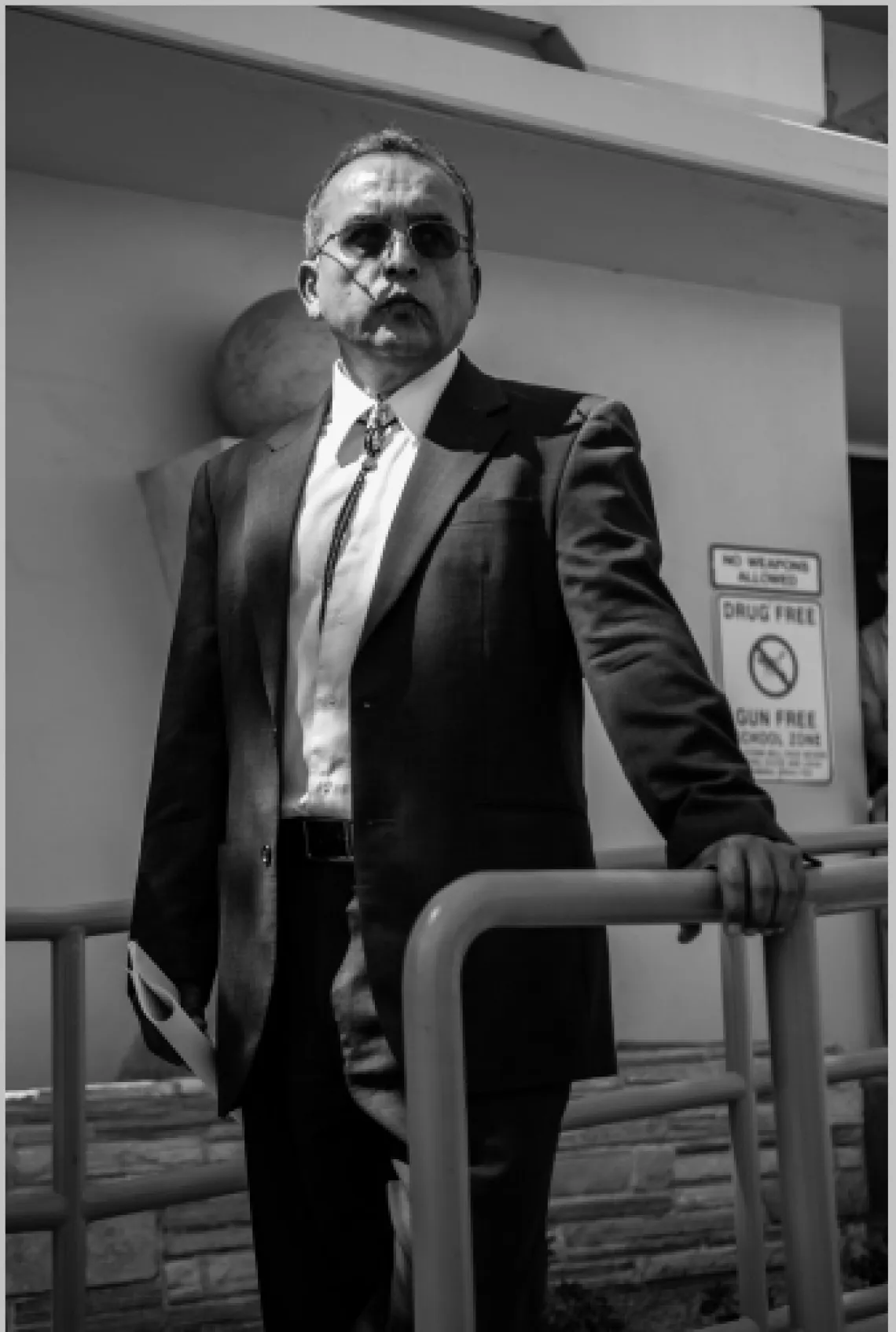UA professor & Chicano activist Roberto 'Cintli' Rodriguez dead at 69

Chris Summitt
Roberto Rodriguez, an award-winning Chicano activist, writer, and professor of Mexican American Studies at the University of Arizona, died Monday of heart failure in Teotihuacan, Mexico. He was 69.
Rodriguez was a journalist, writer, lecturer and beloved UA professor. He authored four books and numerous essays, poems, and columns. Rodriguez was a champion of Mexican American Studies classes in Arizona public schools and was one of the only UA faculty members to be arrested for protesting the Ethnic Studies ban in 2010.
“He was heroic,” said Patrisia Gonzales, Rodriguez’s colleague and wife of 20 years. “He was someone really touched by destiny.”
Rodriguez was born in Aguascalientes, Mexico, and moved to Los Angeles as a child.
On assignment for Lowrider Magazine in East Los Angeles in 1979, Rodriguez was taking photos on Whittier Boulevard when he captured the assault of a man by LA County sheriff's deputies. In the midst of photographing, officers turned on Rodriguez. They beat him so badly he spent three days in the hospital, and when he was released, they arrested him for assault with a deadly weapon and assault and battery on a peace officer.
Though the charges were ultimately dropped, the assault galvanized Rodriguez, who devoted his life to fighting brutality and writing about Chicano culture. He filed a civil suit against Los Angeles County for violating his 1st Amendment rights, and won. He co-founded a database of killings of Latinos by law enforcement.
“His spirit would not allow him to stay quiet on an issue where he thought there was some wrong happening against people, especially people of color or anybody who might be brutalized for their differences,” said Gonzales.
Gonzales and Rodriguez met in 1990 and worked together as associate professors at the University of Arizona after receiving their doctoral degrees from the University of Wisconsin. Together, they co-authored “Column of the Americas,” a nationally syndicated column, in addition to numerous other publications and a 2005 documentary on migration.

